My long weekend in London no. 9 – Kew Gardens, Princess of Wales Conservatory
[ENG]
The first place I visited at KEW was the Palm House, after leaving which I had to wipe my glasses with a dry cloth. The weather outside was much cooler, so we decided that a good solution would be to take a short walk of just a few hundred meters and go from one greenhouse to the next. About 300 meters north of the Palm House, the oldest greenhouse in the Kew Botanical Garden, there is one of the newest greenhouses, the Princess of Wales Conservatory. The greenhouse was opened in 1987 by Princess Diana, Princess of Wales, very popular around the world. It is a huge and technologically advanced building. On an area of 4,500 square meters, there are 10 different computer-controlled climate zones where computers constantly regulate temperature, humidity and, if necessary, ventilate the rooms. Thanks to this, it was possible to recreate such different zones as cool steppes, hot deserts, tropical rainforests, mangrove swamps and vegetation of the temperate zone in one building. The Princess of Wales's greenhouse has a completely different form from the others that we can see in the Kew Botanic Gardens. The conservatory consists of a dozen or so gable roofs in the shape of interpenetrating inverted V letters, and the Londoners nicknamed the greenhouse "the glass hills", the highest of which is 19.8 meters high. The roofs of the greenhouses have been designed in such a way that the appropriate amount of sunlight reaches the individual climate zones inside, making the process of heating and ventilating the rooms better balanced. Additionally, this structure of the greenhouse makes it easier to collect and store rainwater, which meets the needs of the greenhouse by up to 70%. During the construction of the Princess of Wales Conservatory in 1985, the most popular naturalist of the 20th and 19th centuries, Sir David Attenborough, buried a time capsule containing seeds of important and endangered species in the foundation of the dubbynek. The plan assumes that the capsule will be opened in 2085 and it is very possible that some of the seeds buried in the capsule will belong to extinct species.
[PL]
Pierwsze miejsce odwiedzone w KEW to Palmiarnia, po wyjściu z której musiałem suchą ściereczką wycierać okulary. Na Zewnątrz pogoda była zdecydowanie bardziej chłodna dlatego uznaliśmy, że dobrym rozwiązaniem będzie zrobienie krótkiego spaceru wynoszącego raptem kilkaset metrów i przejście z jednej szklarni do kolejnej. W odległości około 300 metrów na północ od Palmiarni czyli najstarszej szklarni w ogrodzie botanicznym Kew znajduje się jedna z najnowszych szklarni czyli Konserwatorium Księżnej Walii. Szklarnia została otwarta w roku 1987 przez księżną Walii bardzo popularną na całym świecie księżną Dianę. Jest to ogromna i bardzo zaawansowana technologicznie budowla. Na powierzchni 4500 metrów kwadratowych rozmieszczono 10 różnych sterowanych komputerowo stref klimatycznych gdzie na bieżąco komputery regulują temperaturę, wilgotności i w razie potrzeby wentylują pomieszczenia. Dzięki temu w jednym budynku udało się odtworzyć tak różne od siebie strefy jak chłodne stepy, gorące pustynie, tropikalne lasy deszczowe, bagna namorzynowe czy roślinność strefy umiarkowanej. Szklarnia Księżnej Walii ma zupełnie odmienną formę od tych pozostałych które możemy zobaczyć w Ogrodzie Botanicznym Kew. Konserwatorium składa się z kilkunastu dwuspadkowych dachów w kształcie przenikających się wzajemnie odwróconych liter V, a Londyńczycy nadali szklarni przydomek „przeszklone wzgórza”, z których najwyższe posiada wysokość aż 19,8 metra. Dachy szklarni zostały tak zaprojektowane, że do poszczególnych stref klimatycznych panujących wewnątrz dociera odpowiednia ilość promieni słonecznych, dzięki czemu proces ogrzewania i wentylowania pomieszczeń jest lepiej zbilansowany. Dodatkowo taka konstrukcja szklarni ułatwia zbieranie i gromadzenie wody deszczowej, która zaspokaja potrzeby szklarni aż w 70%. W trakcie budowy konserwatorium Księżnej Walii w roku 1985 najpopularniejszy przyrodnik XX i XIX wieku Sir David Attenborough zakopał w fundamencie dubynku kapsułę czasu zawierającą nasiona ważnych i zagrożonych gatunków. Plan zakłada, że kapsuła zostanie otwarta w roku 2085 i bardzo możliwe, że wówczas część z zakopanych w kapsule nasion będą należeć do wymarłych już gatunków.
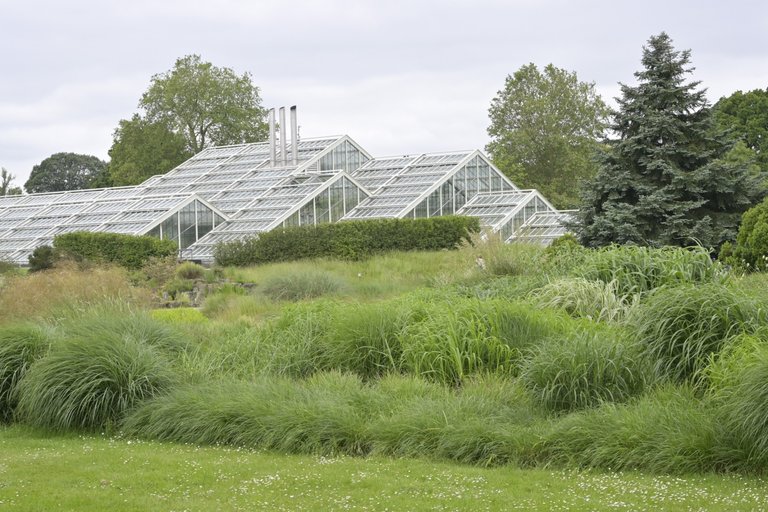
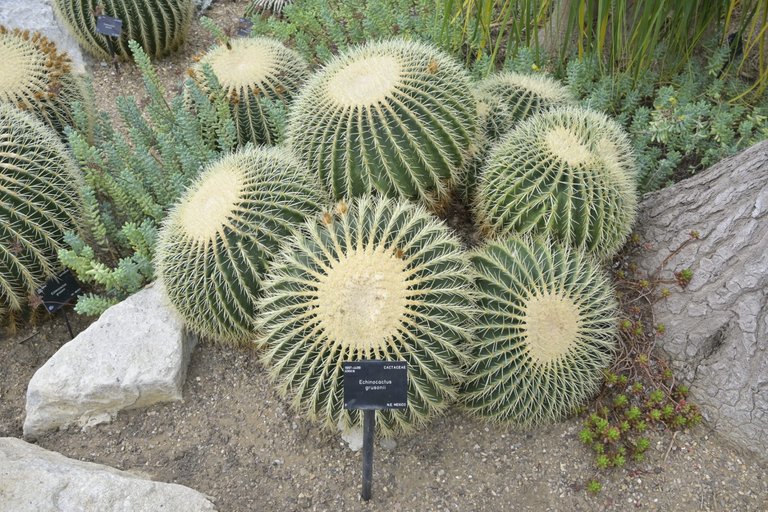
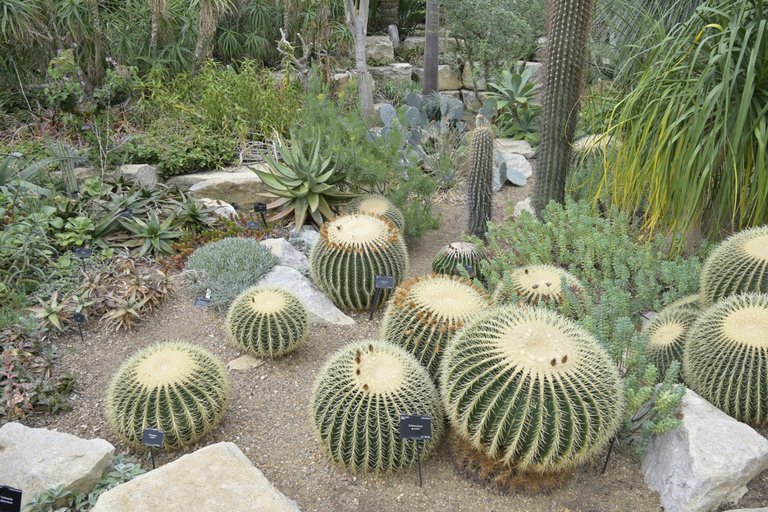
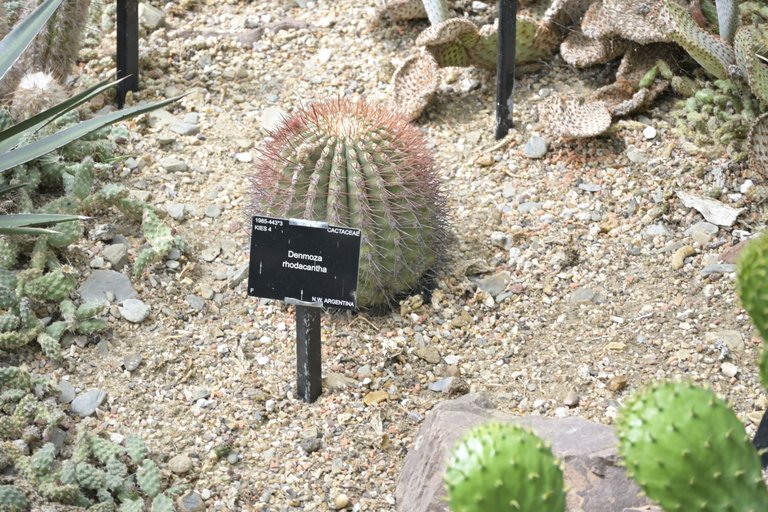
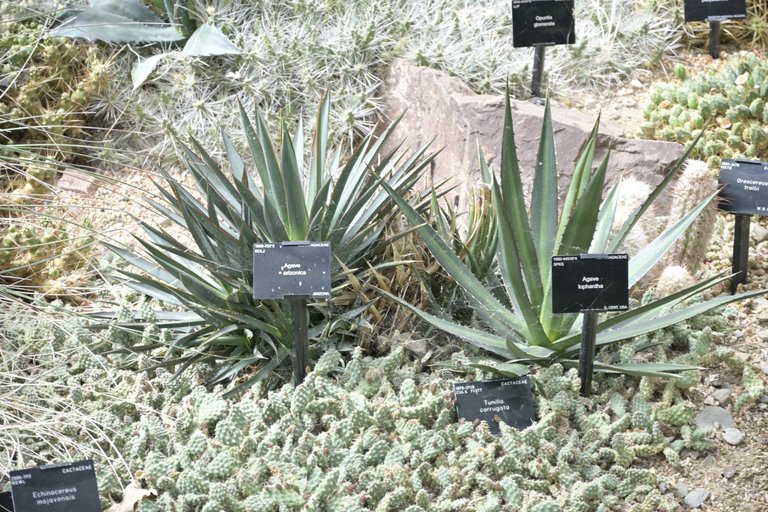
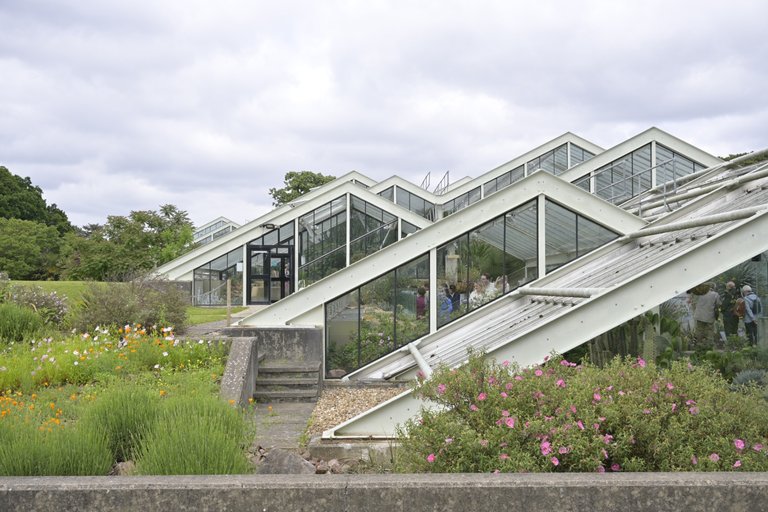
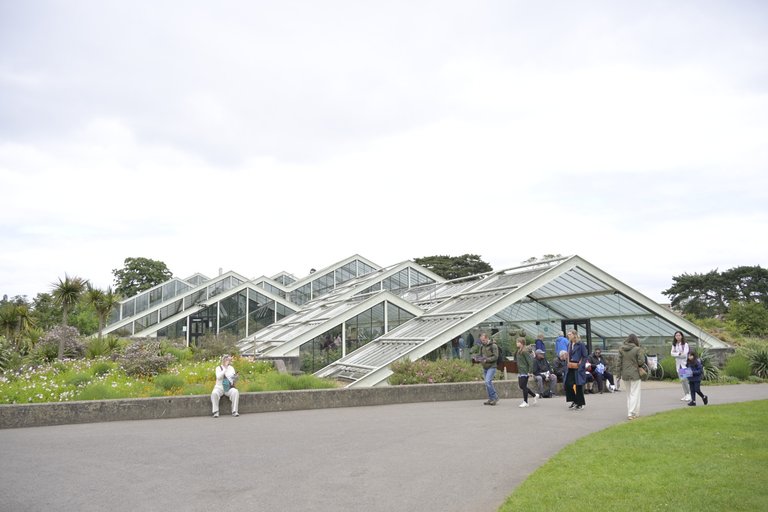
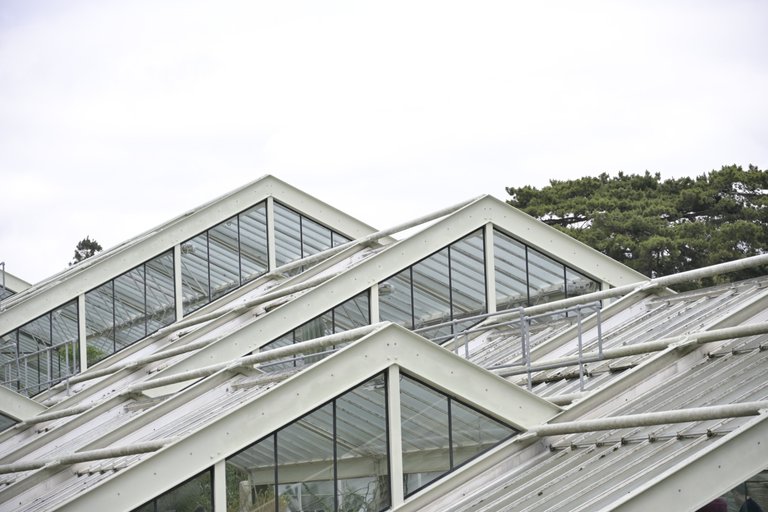
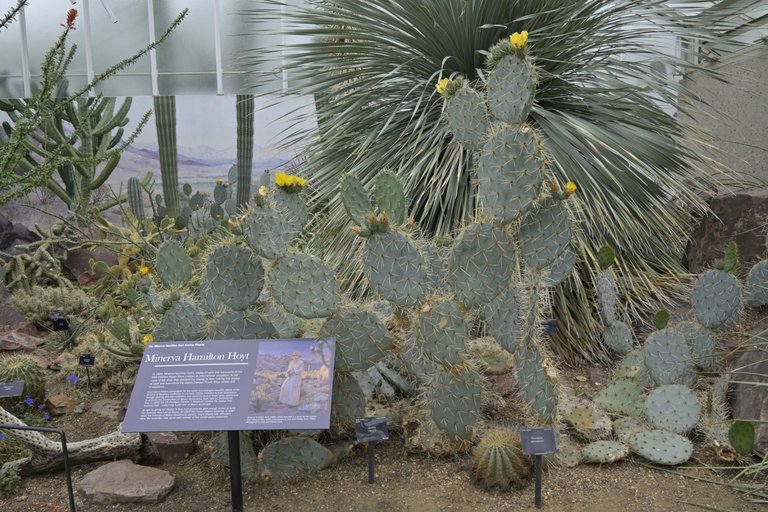
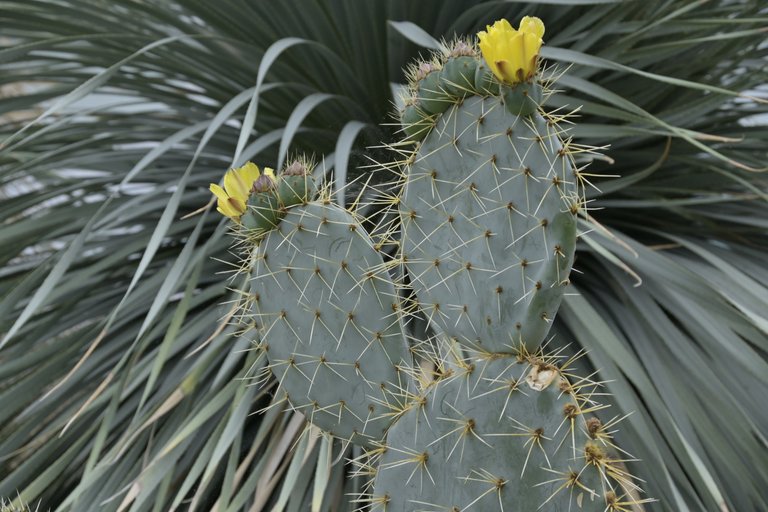
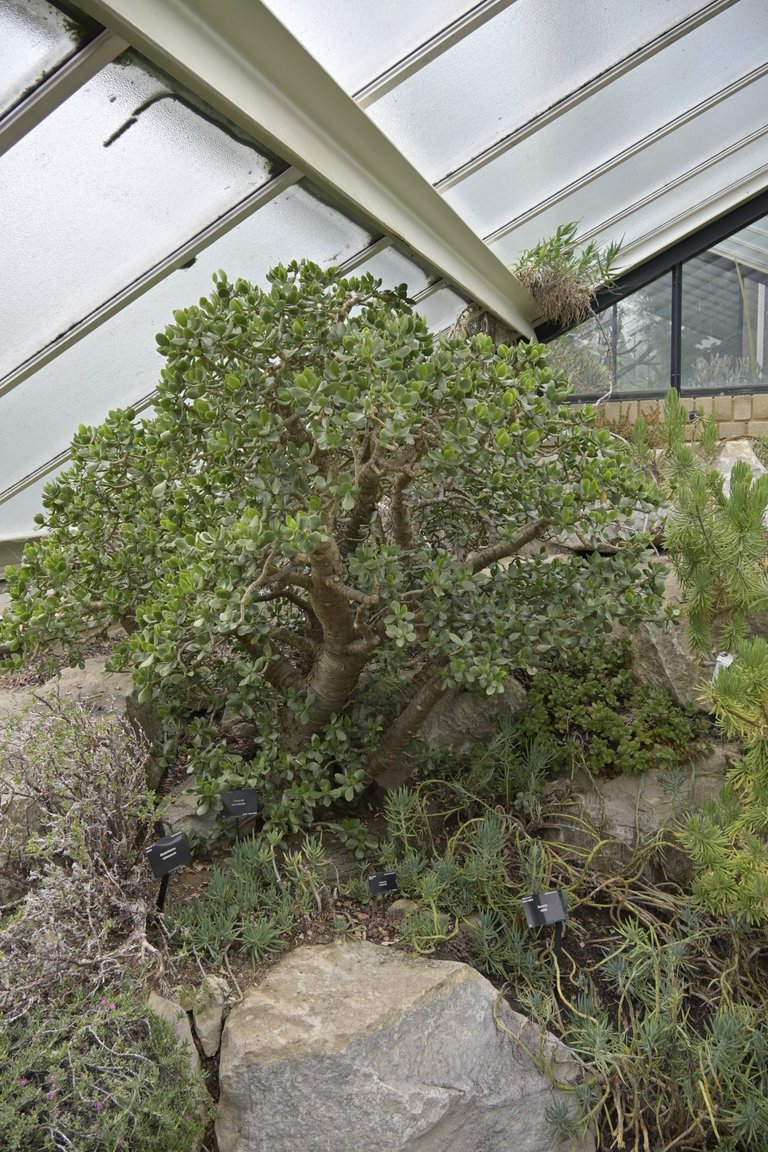
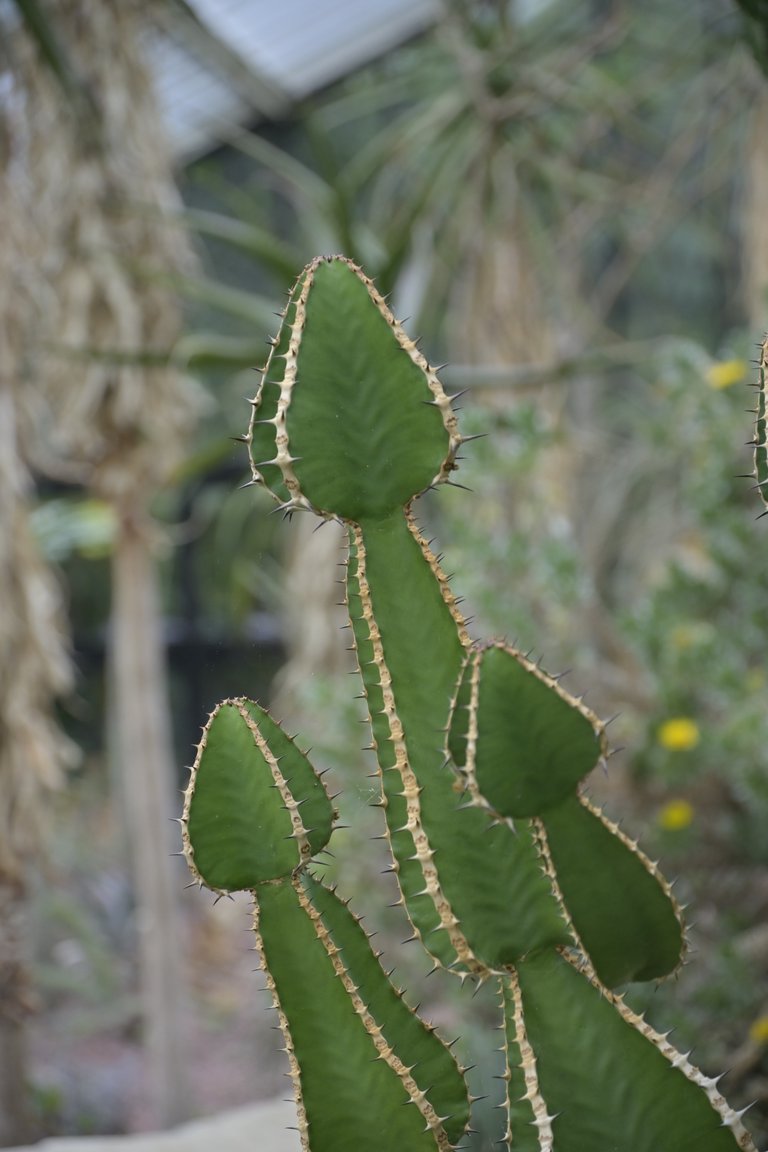

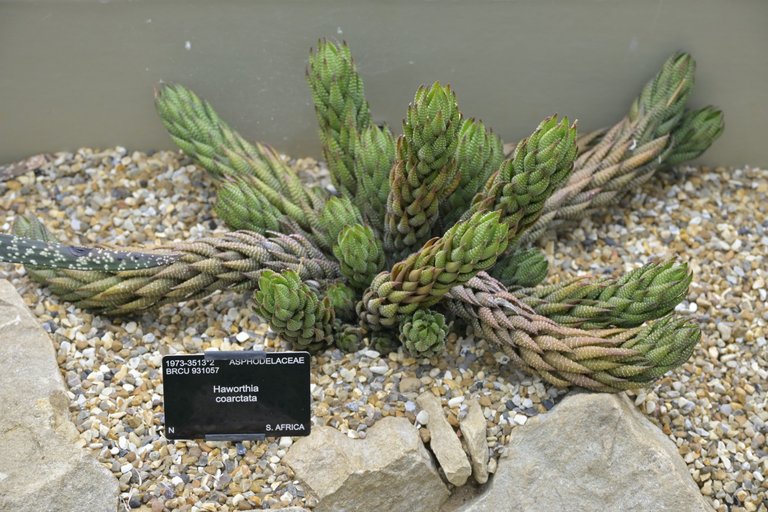
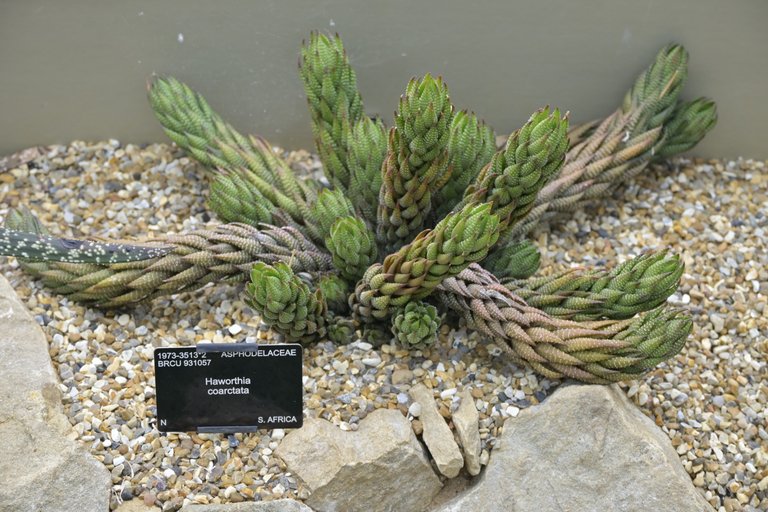
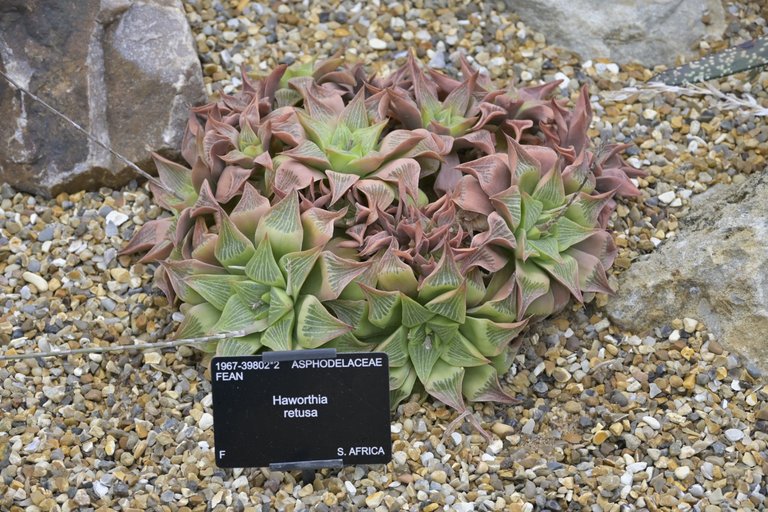
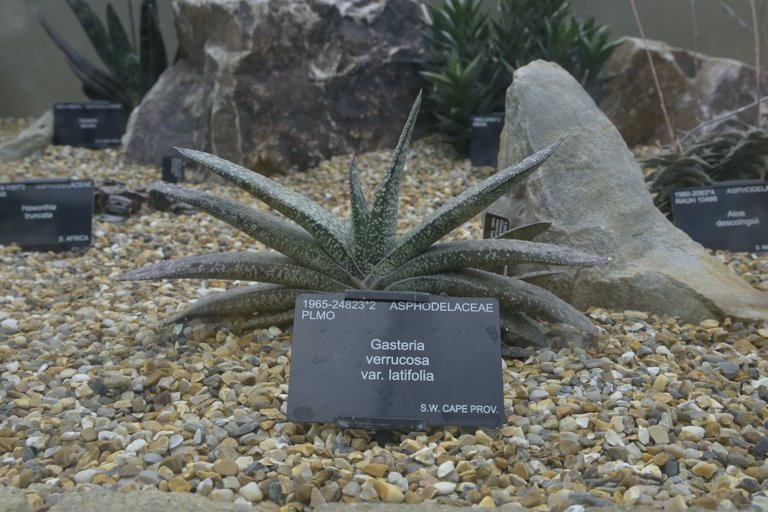
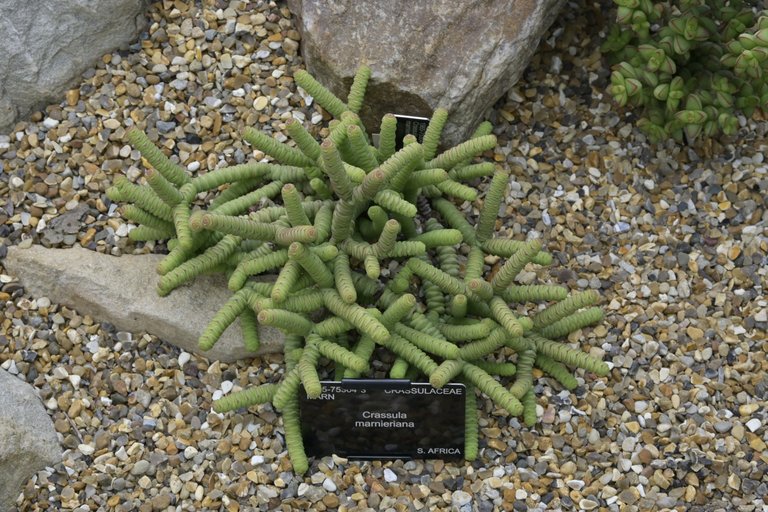
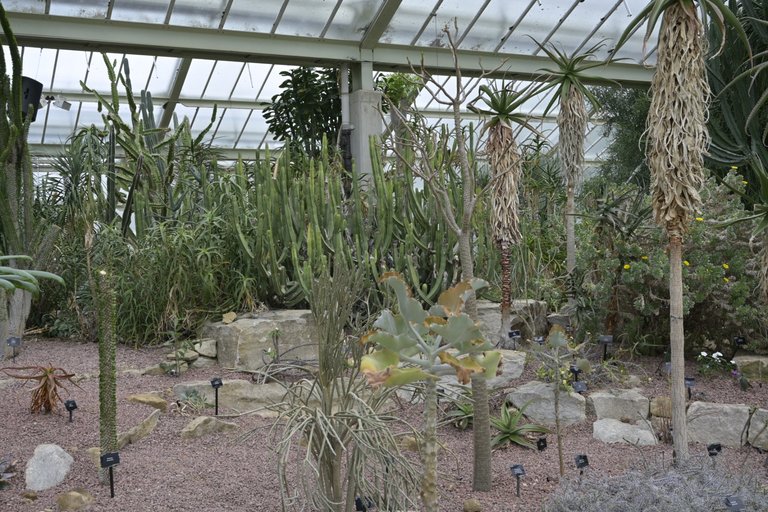
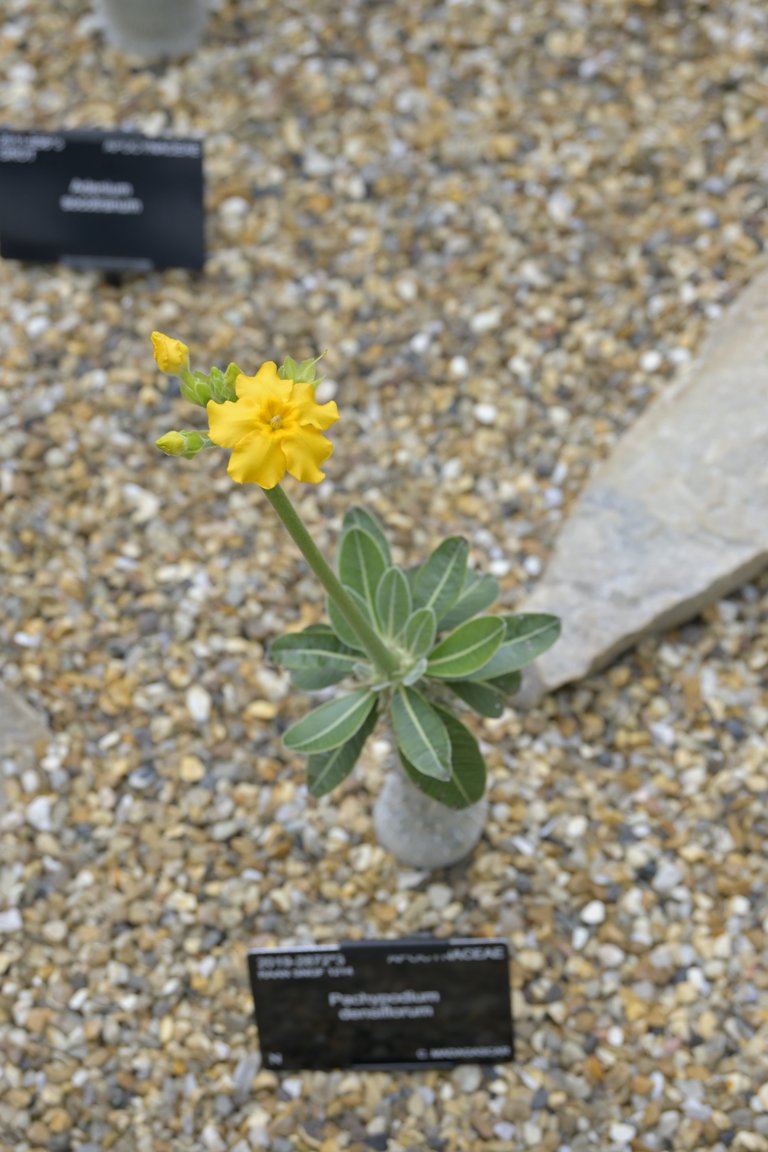
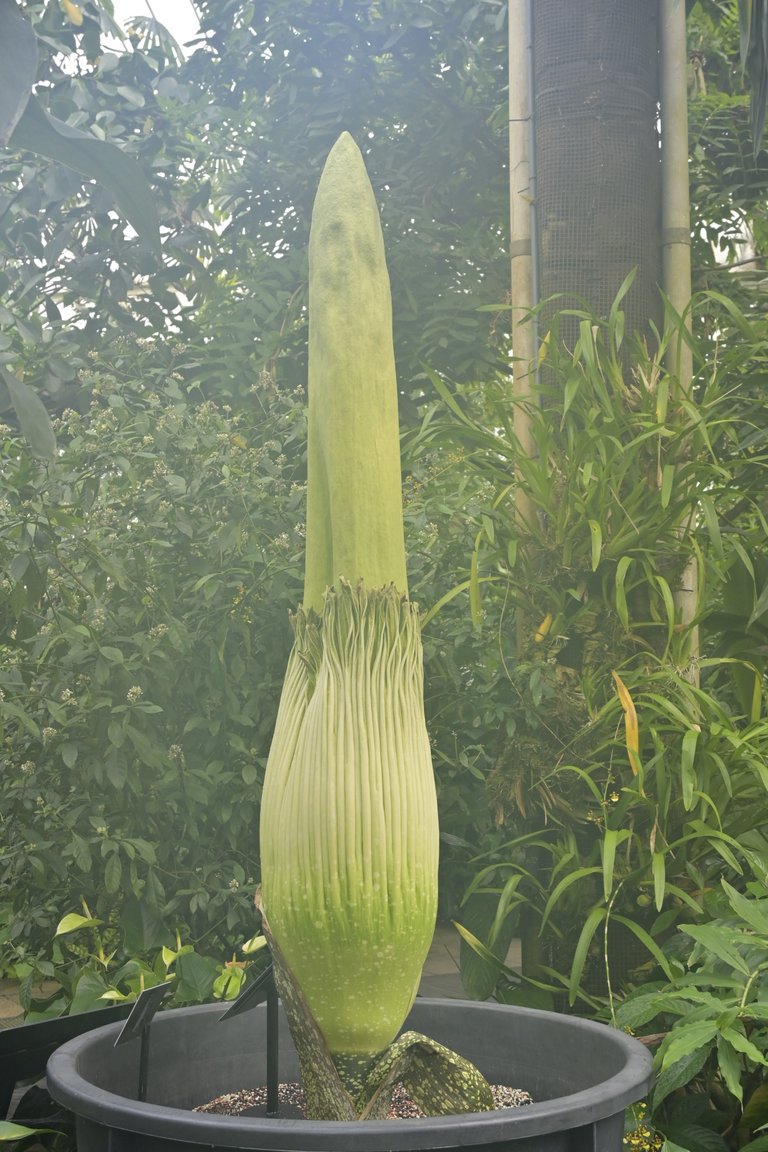
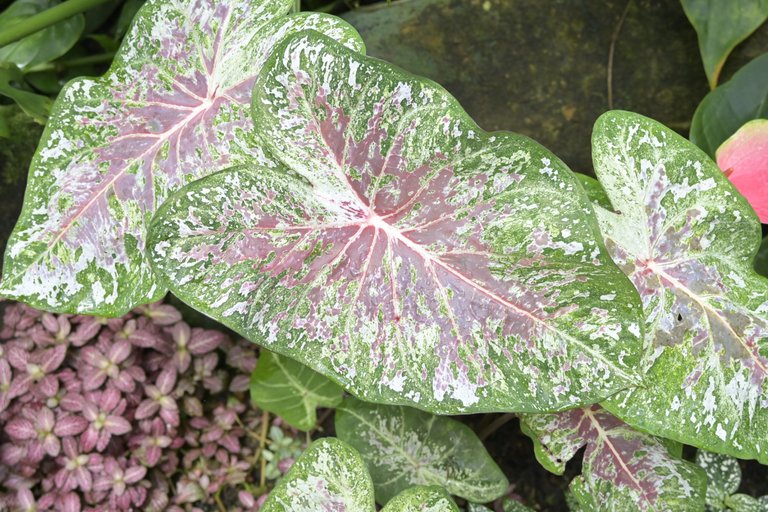
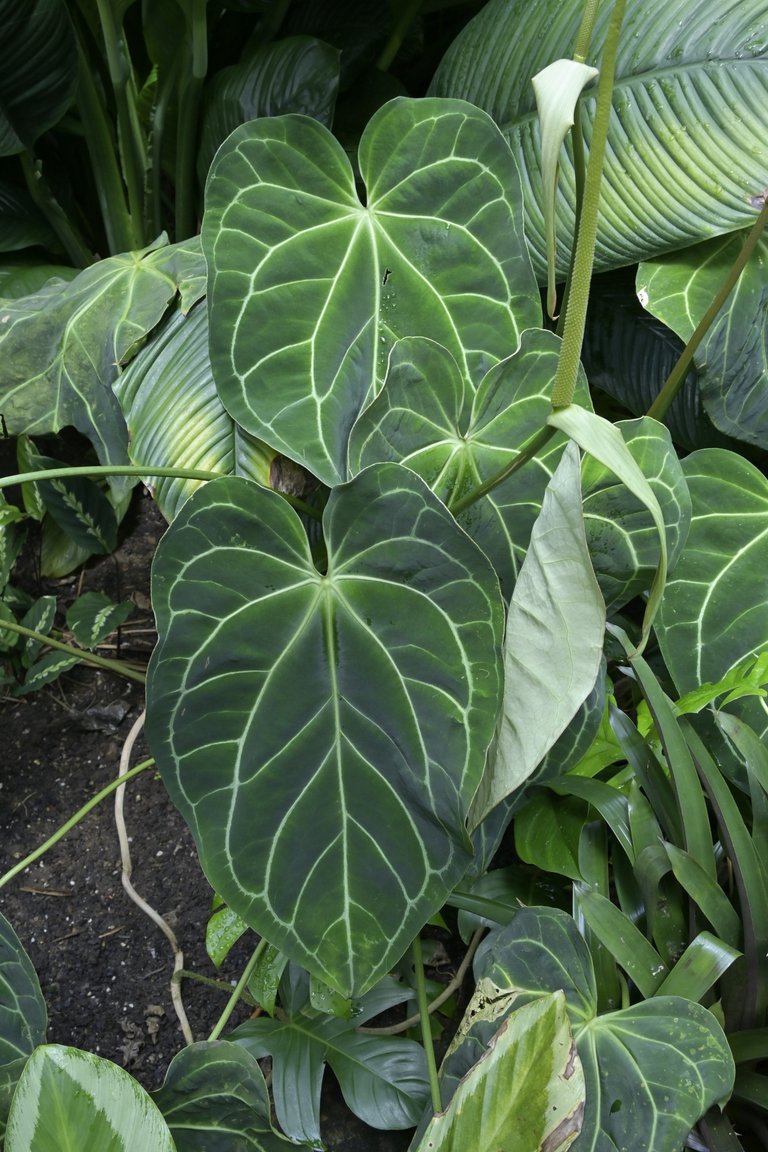
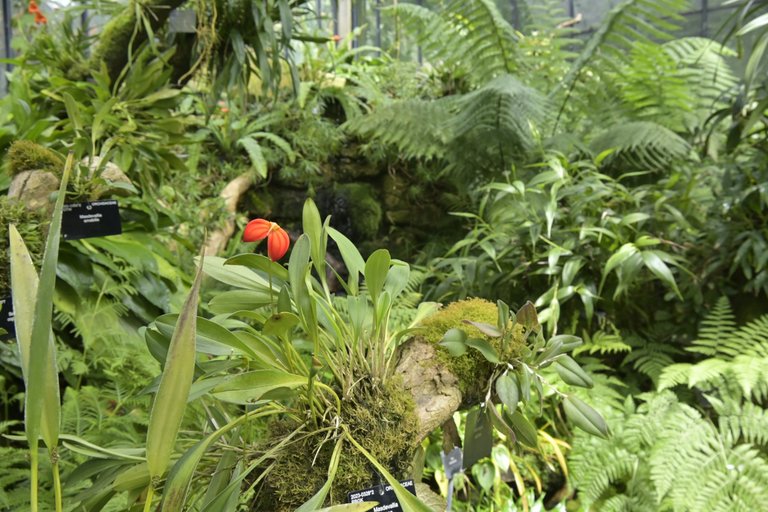
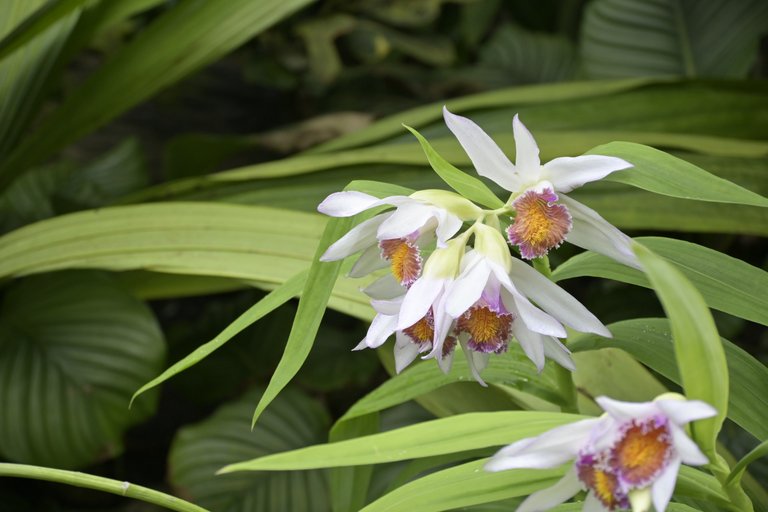
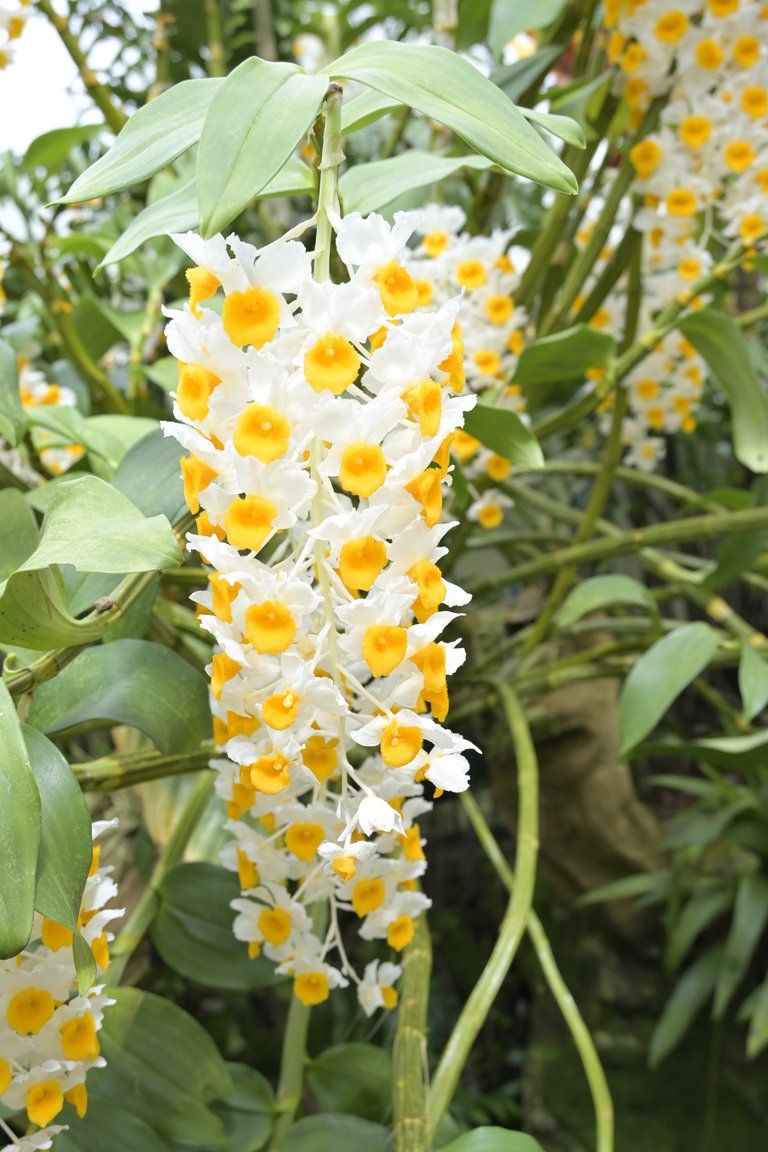
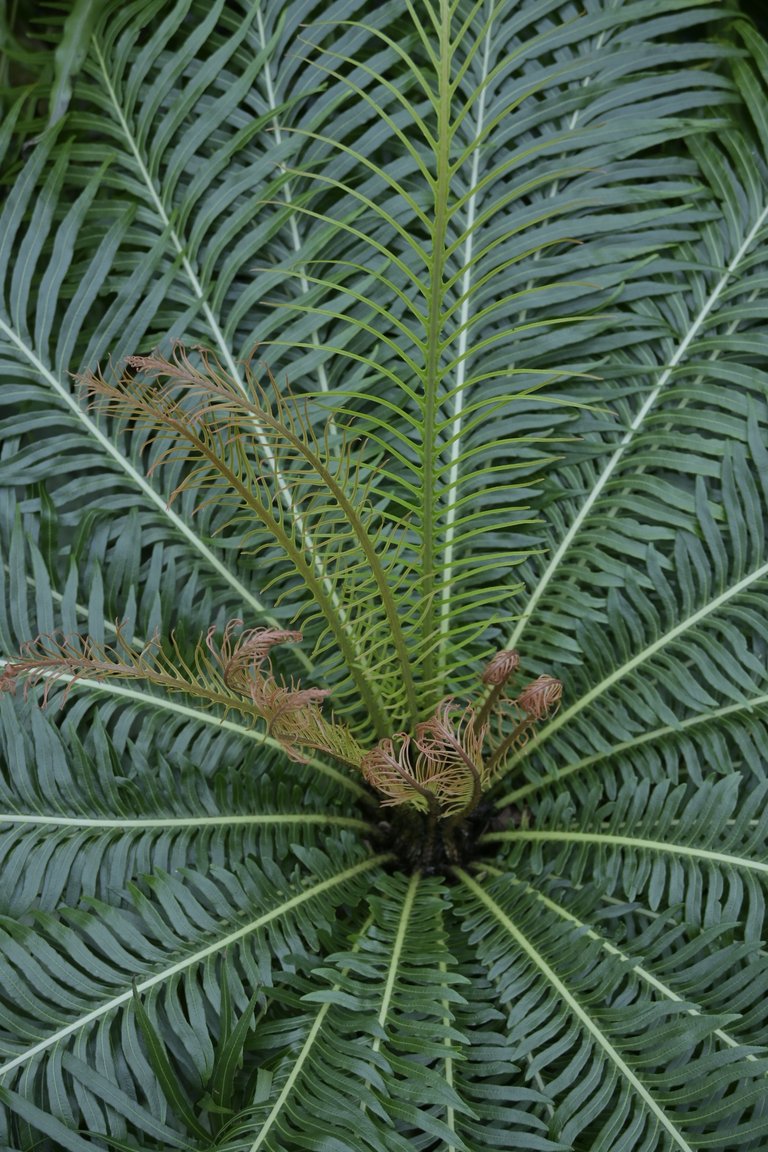
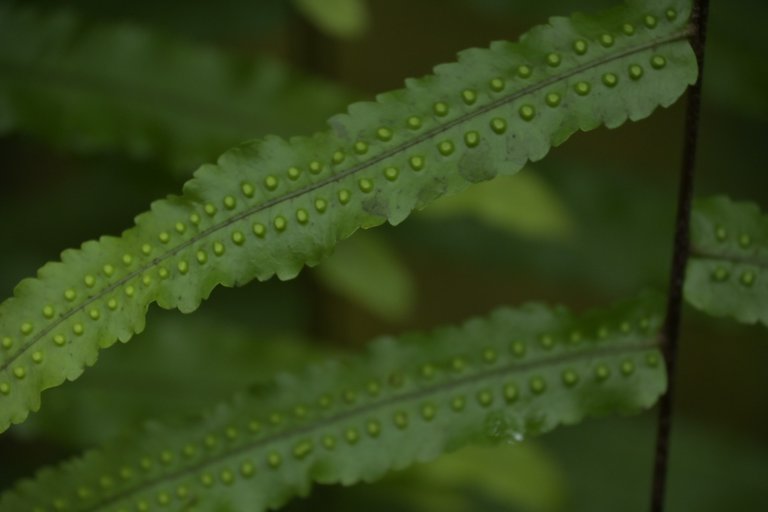
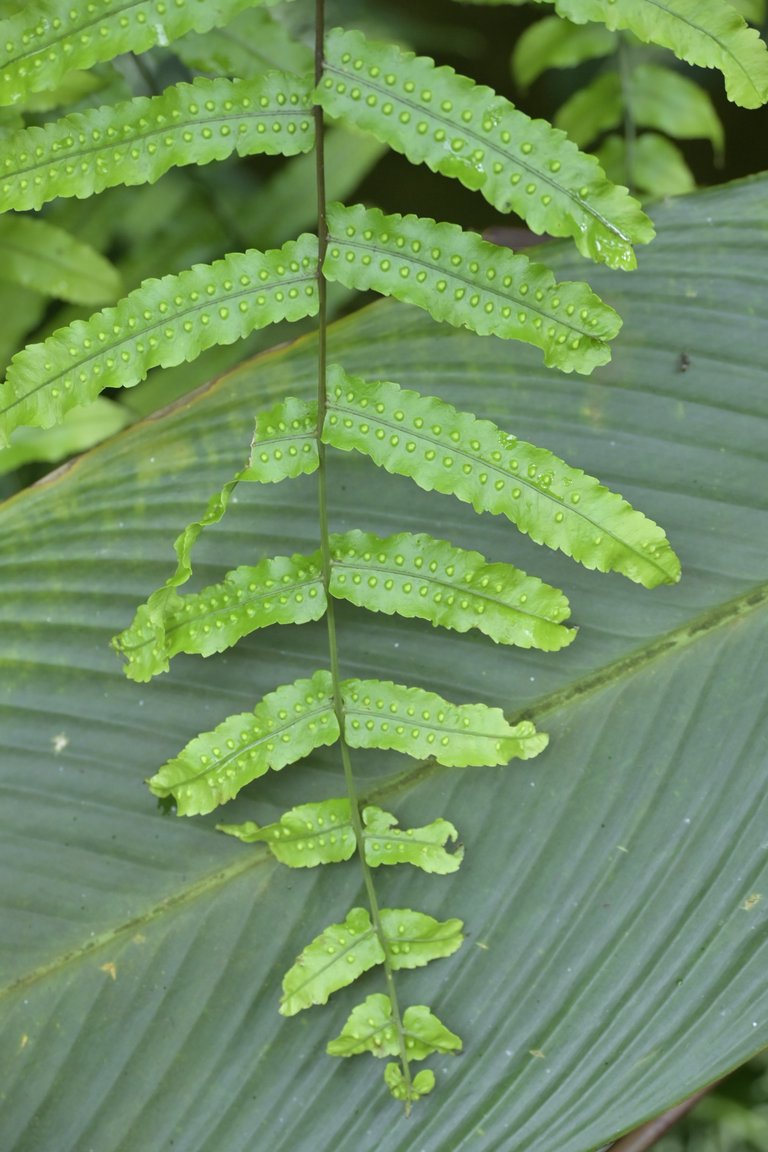
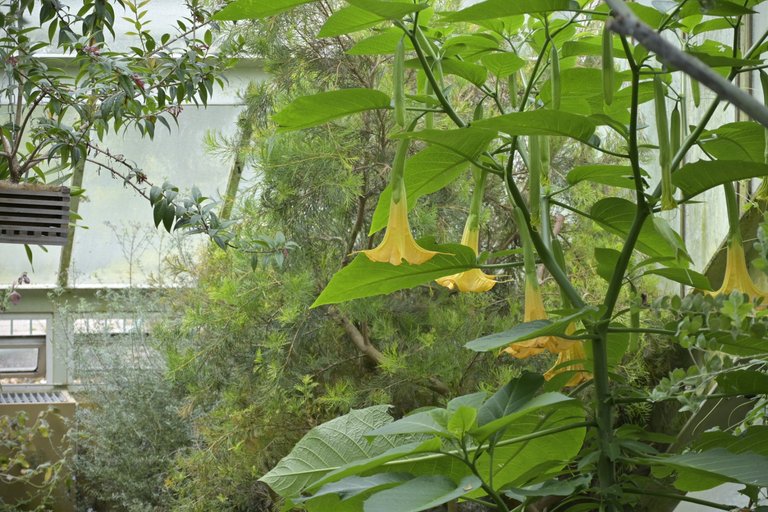
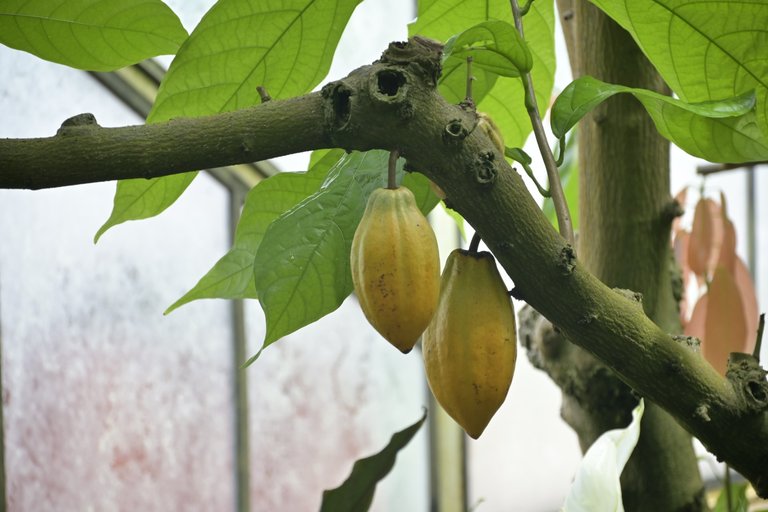
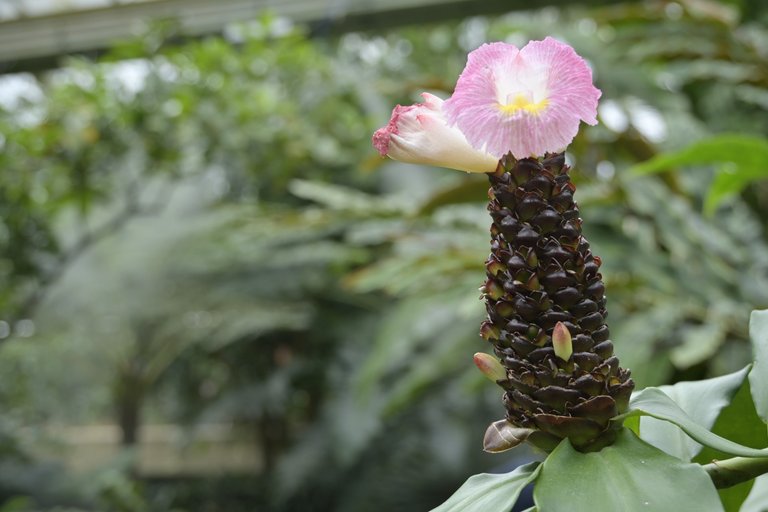
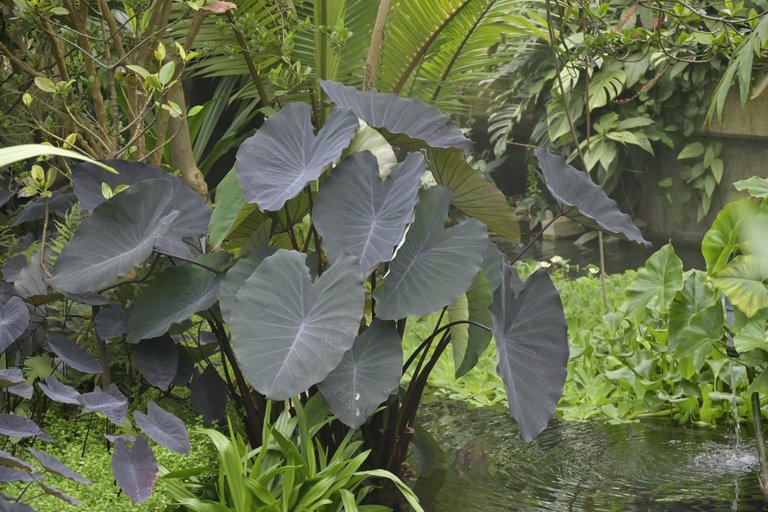
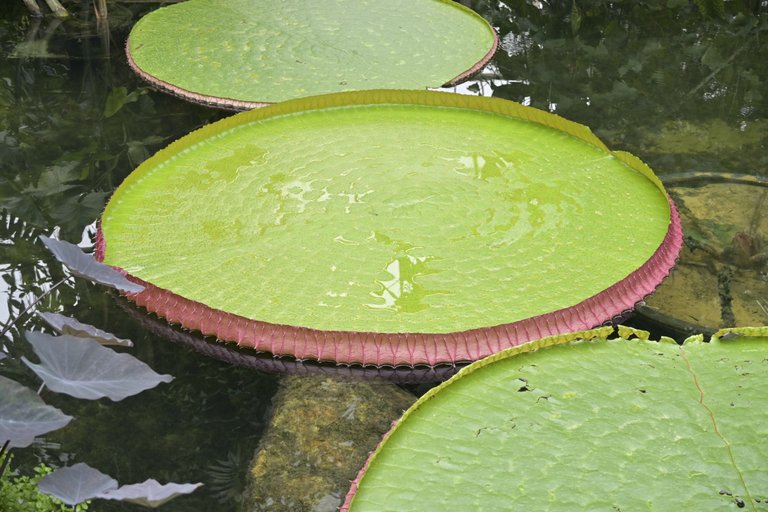
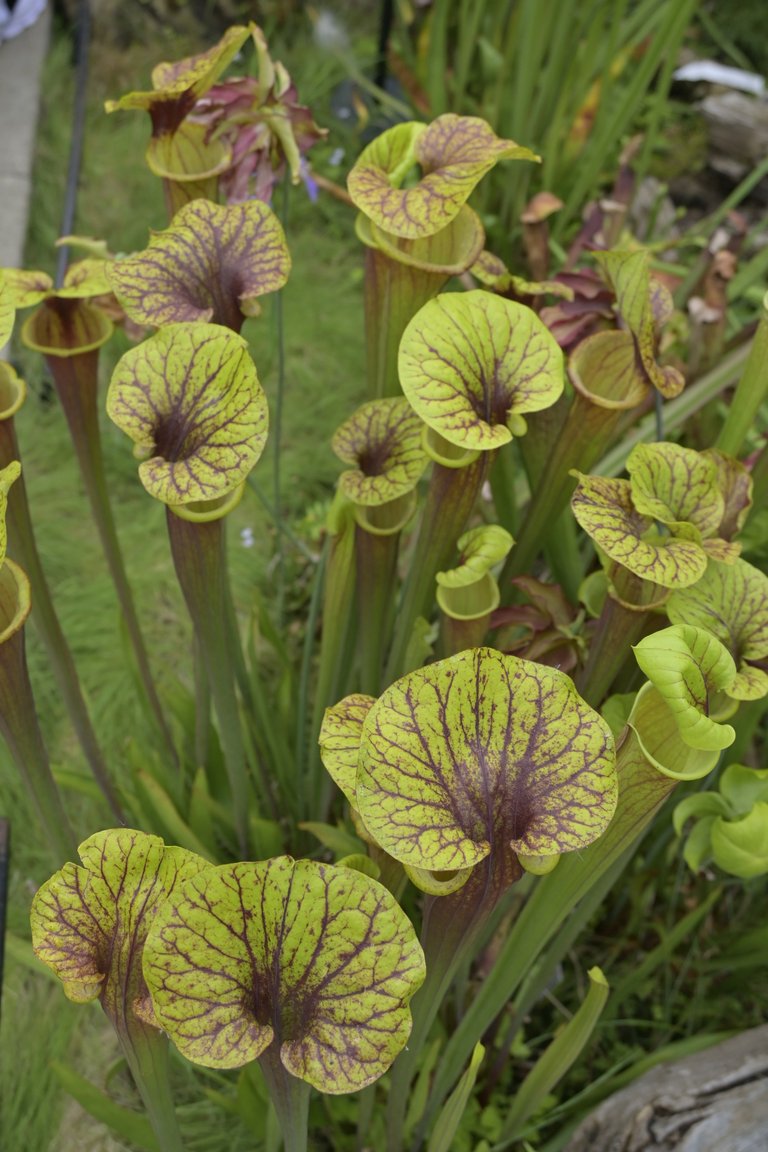
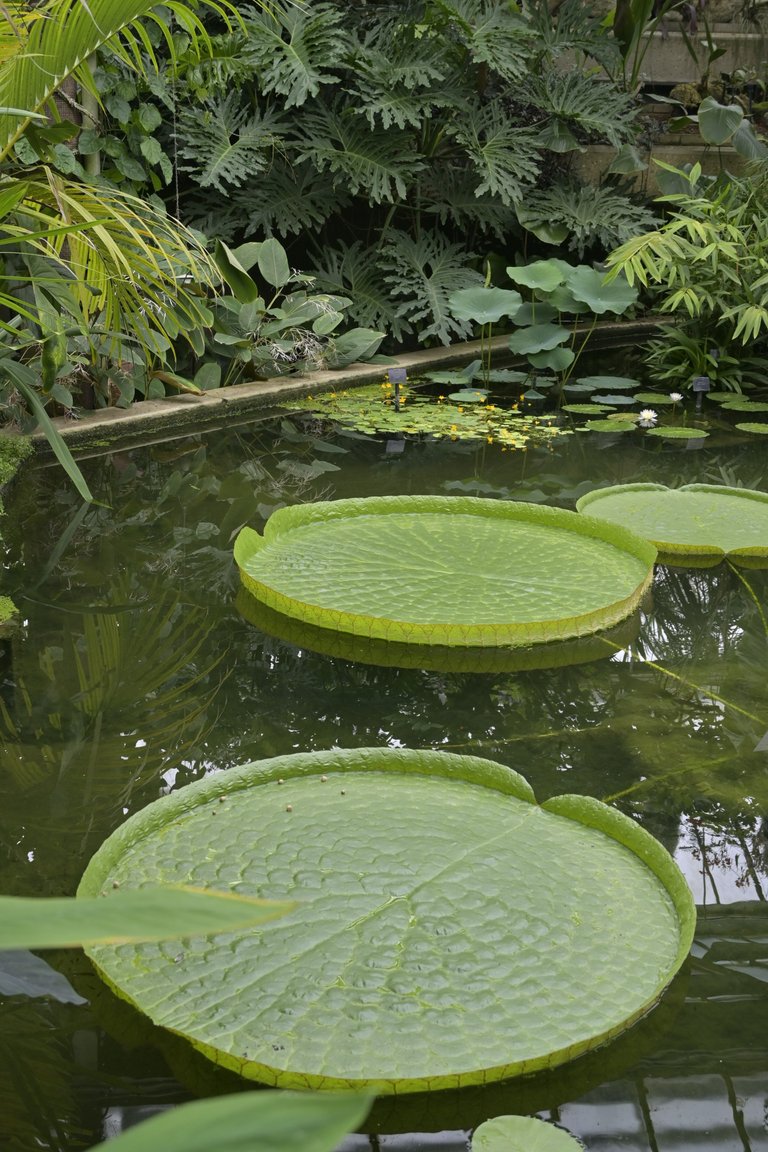
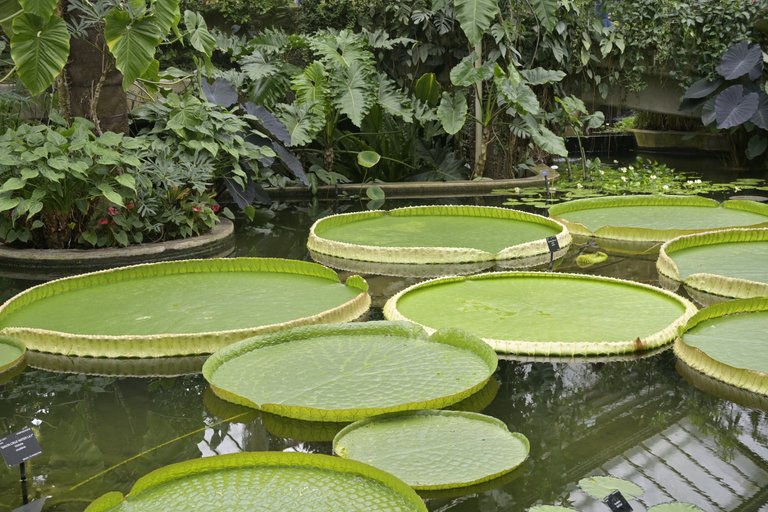
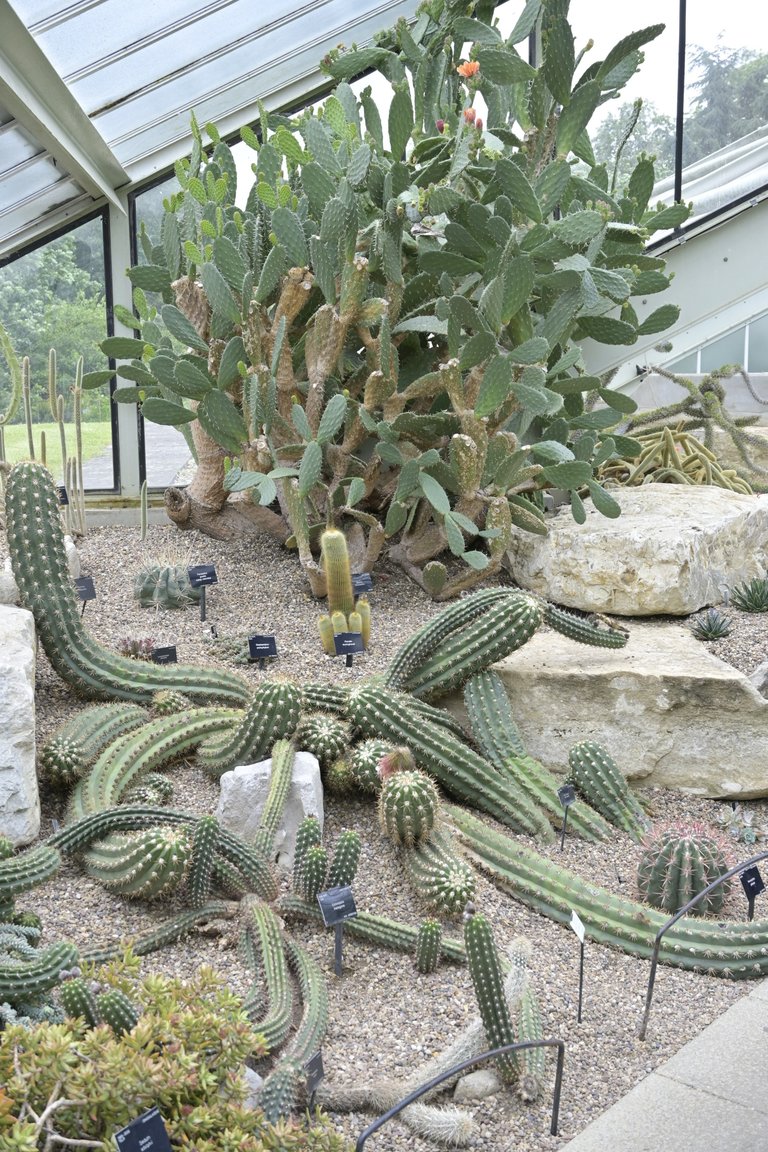
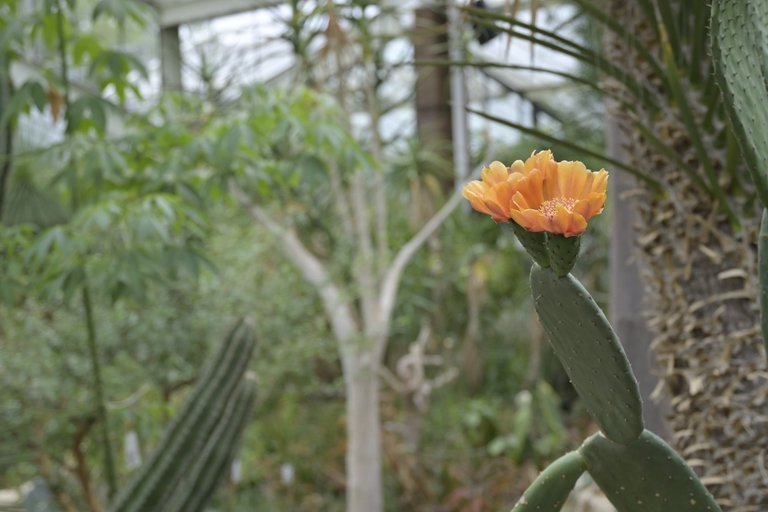
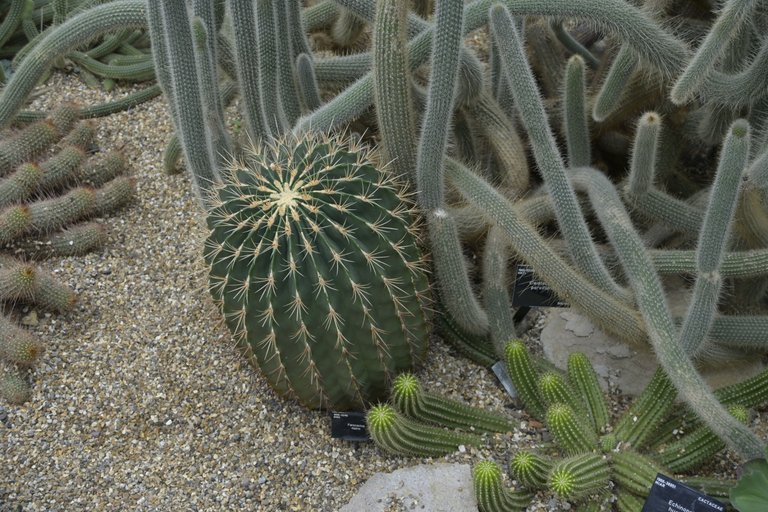
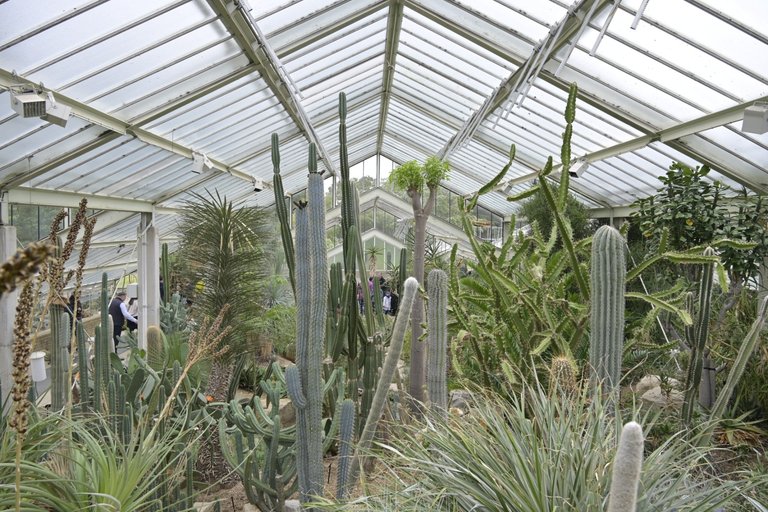
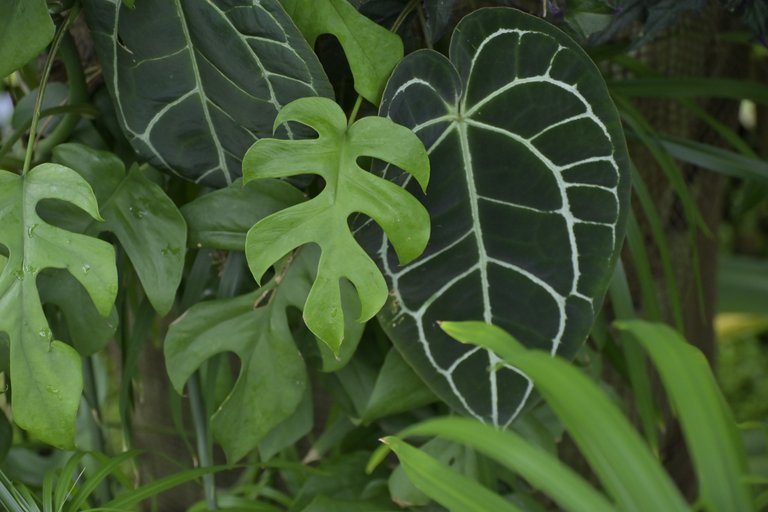
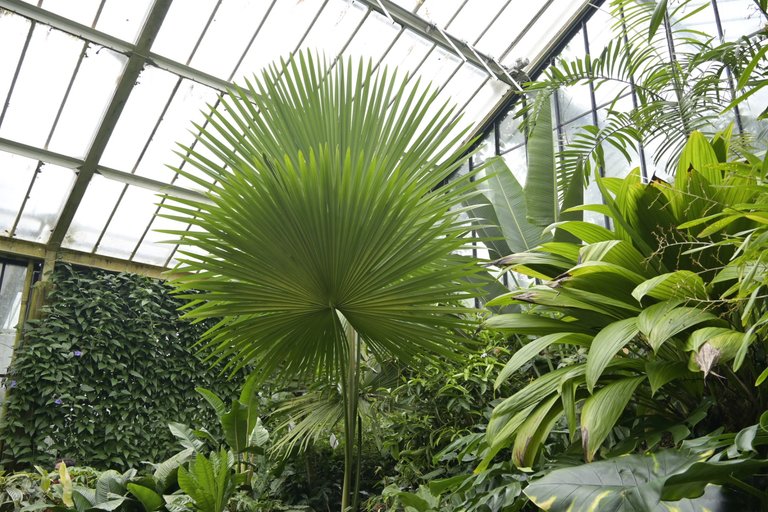
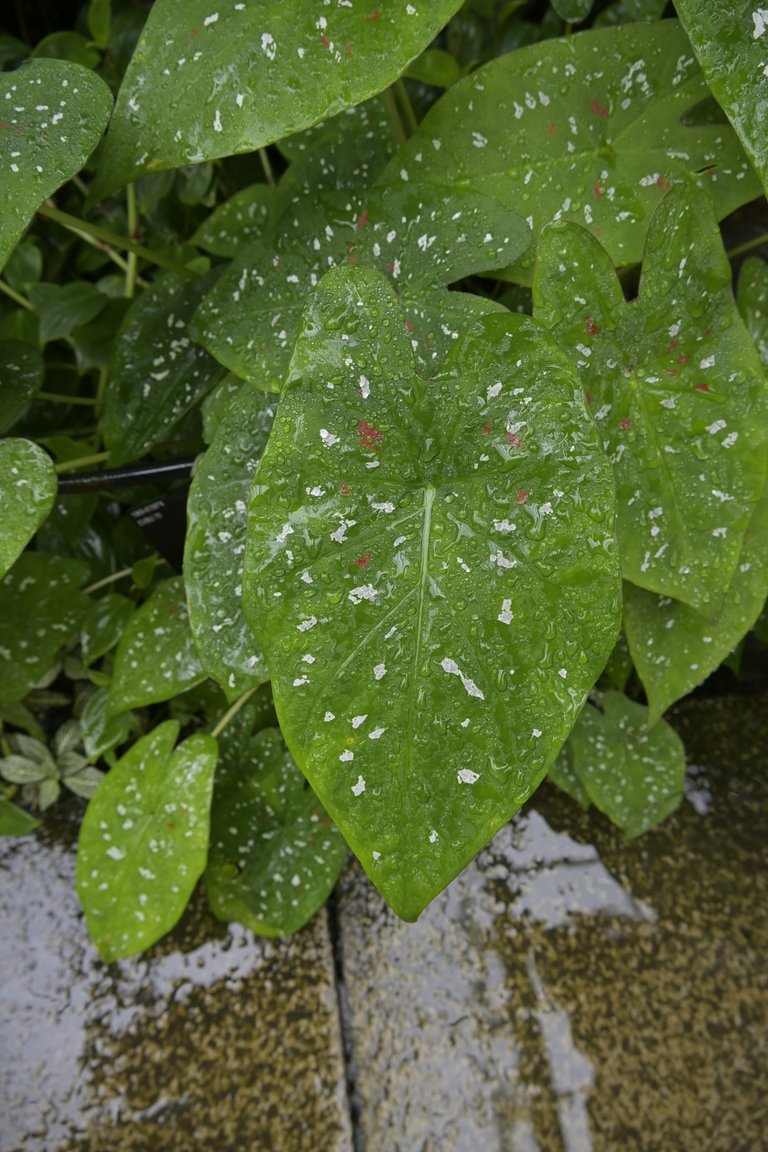
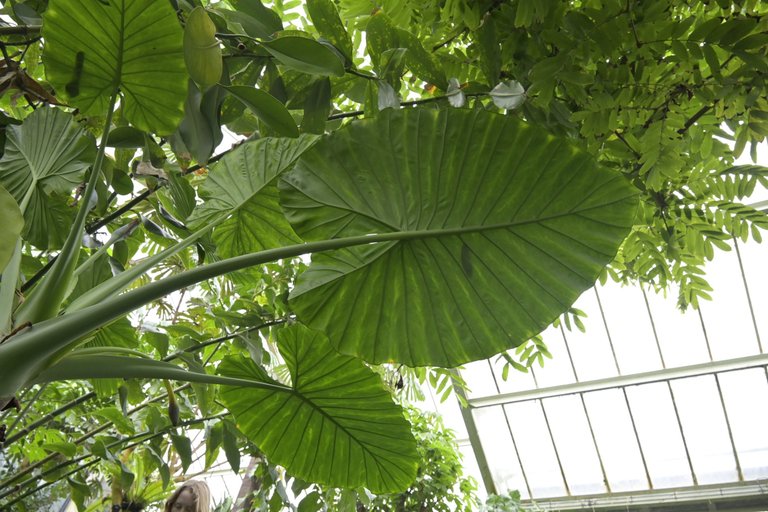
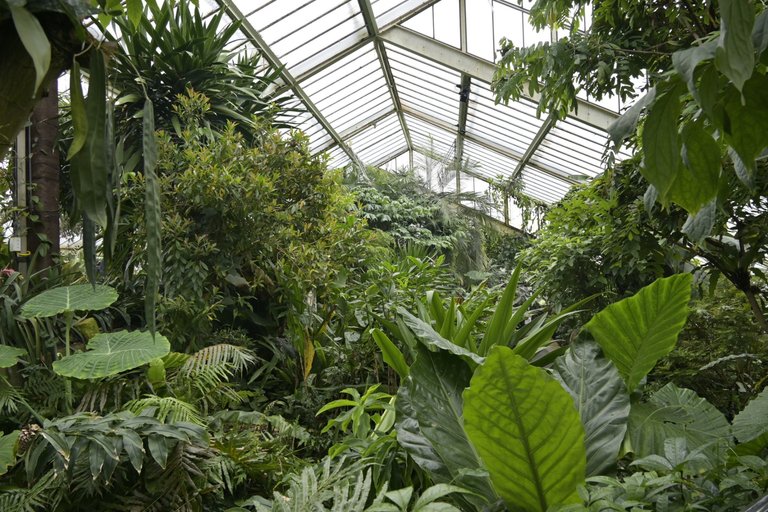
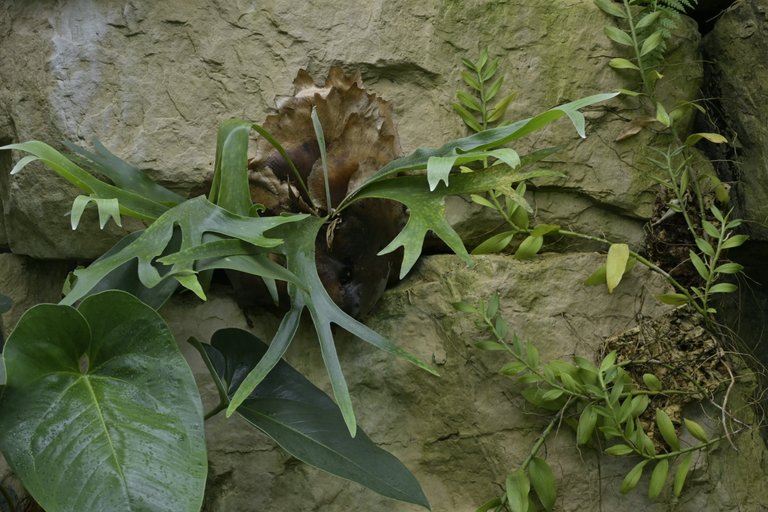
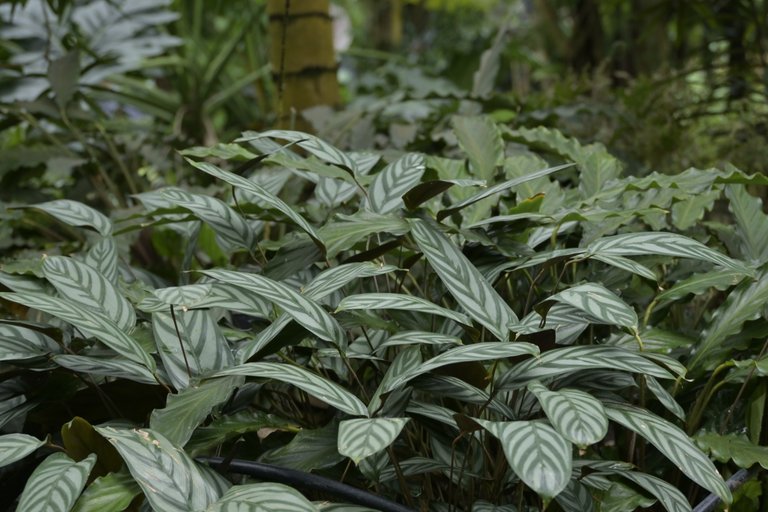
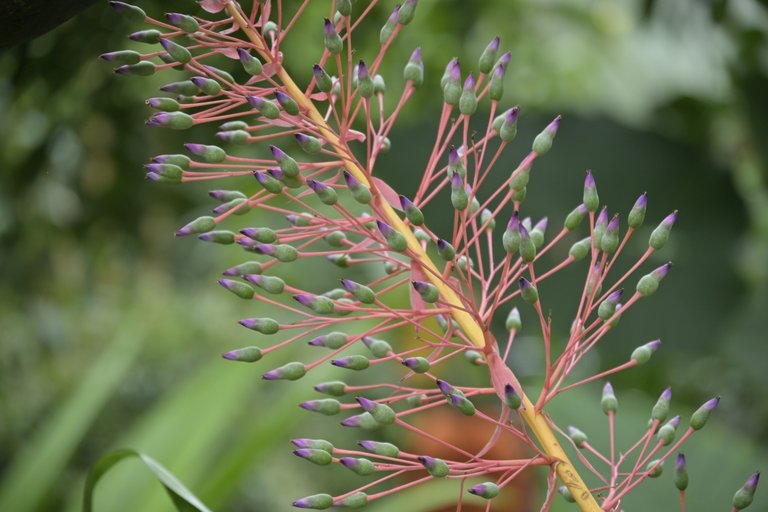
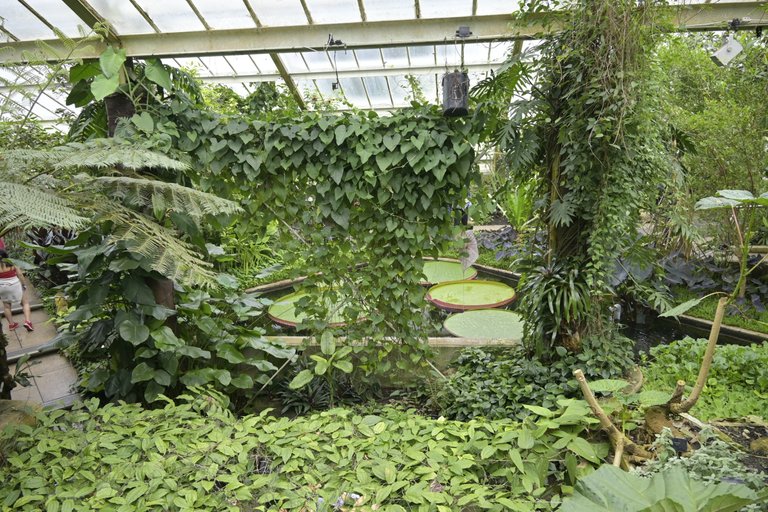
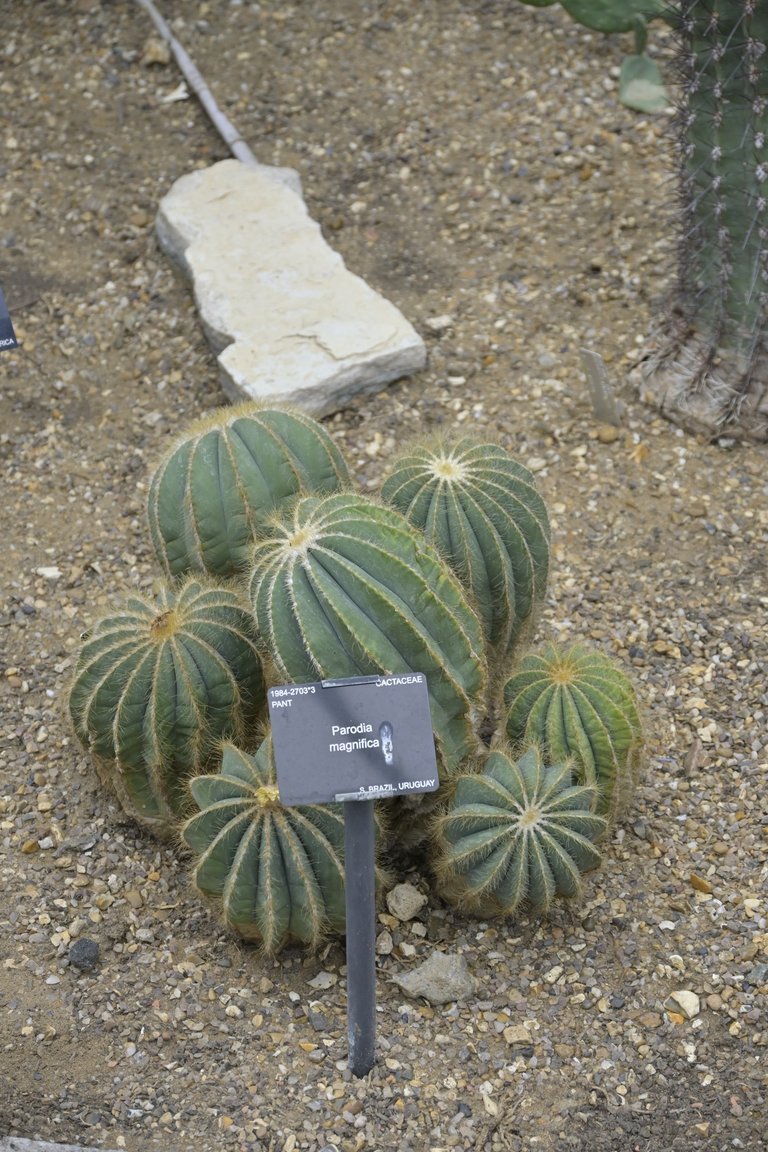
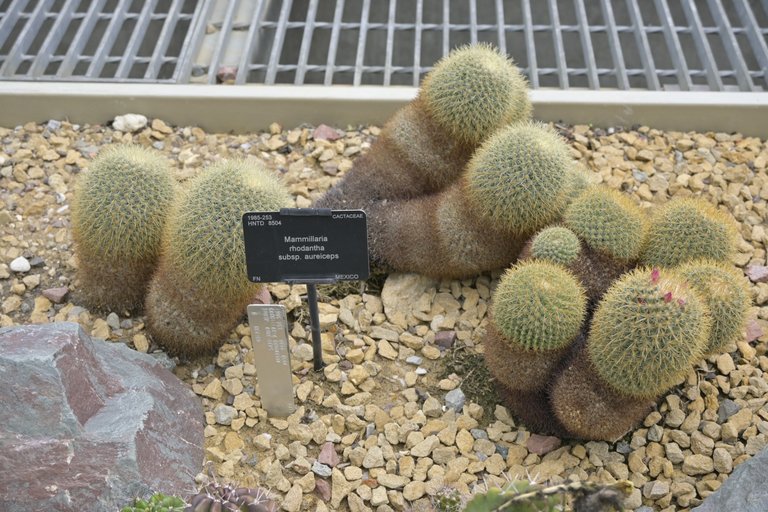
Congratulations, your post has been added to WorldMapPin! 🎉
Did you know you have your own profile map?
And every post has their own map too!
Want to have your post on the map too?
Congratulations, your post has been added to the TravelFeed Map! 🎉🥳🌴
Did you know you have your own profile map?
And every post has their own map too!
Want to have your post on the map too?
- Go to TravelFeed Map
- Click the create pin button
- Drag the marker to where your post should be. Zoom in if needed or use the search bar (top right).
- Copy and paste the generated code in your post (any Hive frontend)
- Or login with Hive Keychain or Hivesigner and click "create post" to post to Hive directly from TravelFeed
- Congrats, your post is now on the map!
PS: You can import your previous Pinmapple posts to the TravelFeed map.Opt Out
Congratulations @olusiu! You received the biggest smile and some love from TravelFeed! Keep up the amazing blog. 😍 Your post was also chosen as top pick of the day and is now featured on the TravelFeed front page.
Thanks for using TravelFeed!
@for91days (TravelFeed team)
PS: Did you know that we launched the truvvl app? With truvvl, you can create travel stories on the go from your phone and swipe through nearby stories from other TravelFeed users. It is available on the Apple App Store and Google Play.
Hiya, @ybanezkim26 here, just swinging by to let you know that this post made it into our Top 3 in Travel Digest #2256.
Your post has been manually curated by the @worldmappin team. If you like what we're doing, please drop by to check out all the rest of today's great posts and consider supporting other authors like yourself and us so we can keep the project going!
Become part of our travel community:
Hello olusiu!
It's nice to let you know that your article will take 14th place.
Your post is among 15 Best articles voted 7 days ago by the @hive-lu | King Lucoin Curator by szejq
You receive 🎖 0.7 unique LUBEST tokens as a reward. You can support Lu world and your curator, then he and you will receive 10x more of the winning token. There is a buyout offer waiting for him on the stock exchange. All you need to do is reblog Daily Report 360 with your winnings.
Buy Lu on the Hive-Engine exchange | World of Lu created by szejq
STOPor to resume write a wordSTART